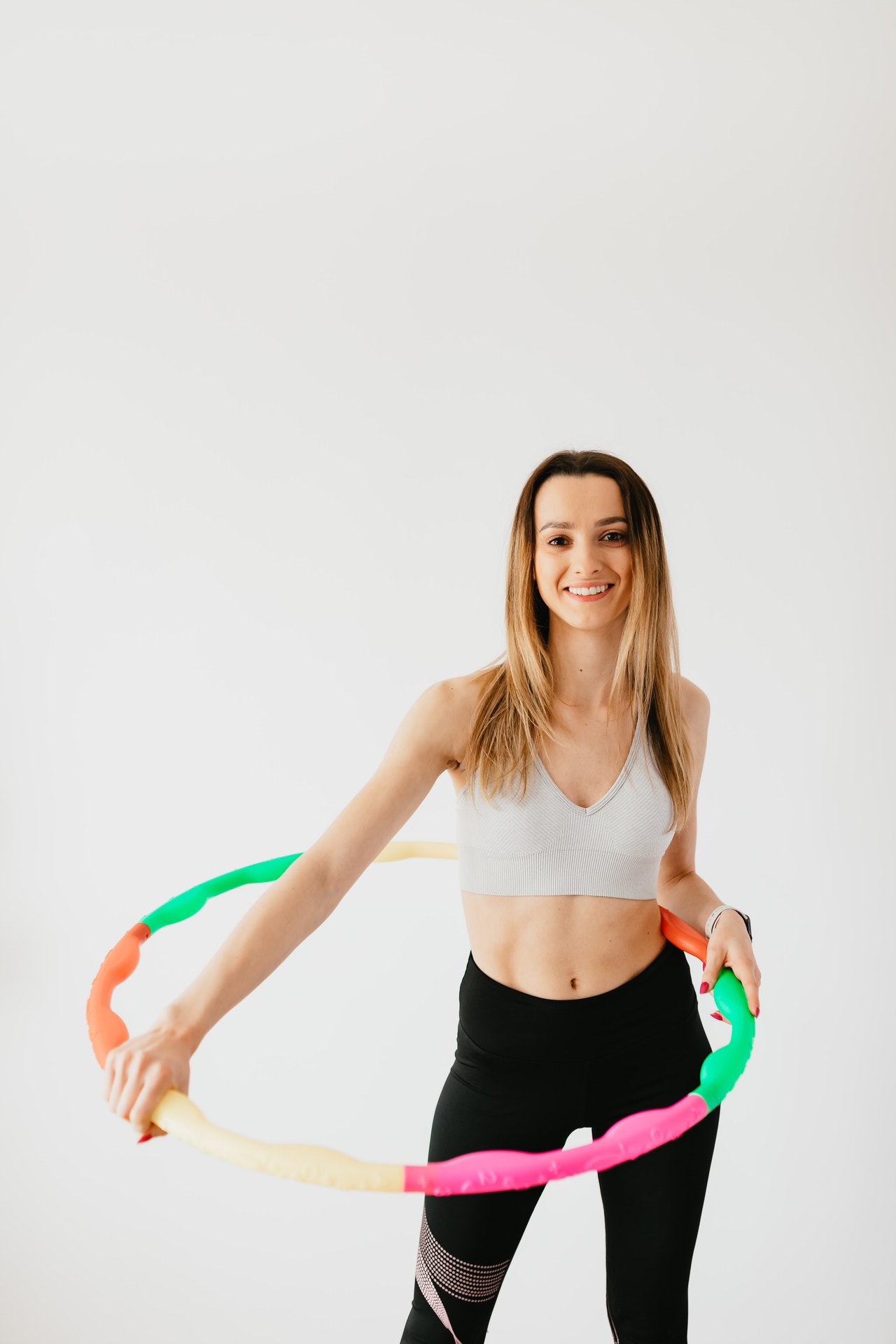How to Overcome Anxiety in Older Adults
When you were younger, almost all of the stress in your life came from external sources. That was especially true if you are an extrovert because it is just part of your personality to always want to be doing something active and exciting. It stands to reason then that as you have gotten older, many of those pressures have subsided or disappeared completely.
That can be a very good thing in many ways, but for an introvert, there is a downside to the lack of pressure. Without that external stress, they may feel much more anxious and stressed about things inside their own head. In other words, much of the anxiety you will face as you age comes from your own thoughts.
That is something that you need to be aware of if you want to avoid becoming overwhelmed by stress. Sometimes, the only way to beat anxiety in older adults is to actually pay attention and address those problems head-on before they spiral out of control.
What Is Anxiety? How Do You Recognize It?
First, it can never be stated enough that everyone experiences anxiety at some point. There is nothing wrong with feeling anxious because it is part of the normal range of human emotions, and sometimes anxiety can actually be very useful. You might feel anxious about your job if you are worried you might lose it, for example. That could prompt you to work harder so you don’t get fired.
However, when you are older, there is a much greater chance that the anxiety you feel will come from things that do not actually exist in your real life. You might find yourself worrying about things like the past or what might happen in the future. Those can often be dark places that cause more problems than they solve.
There is a difference between feeling anxious and having an anxiety disorder, although the latter is often just a matter of degree. If you find yourself worrying excessively or if that worry stops you from enjoying your life, then it might be time to seek professional help for your condition.
How to Overcome Anxiety for Older People
The good news is that there are plenty of things you can do to really make a difference when it comes to dealing with anxiety in older people. At its heart, the best way to deal with the issue is always going to be about finding a healthy balance between excitement and relaxation. That might sound easy, but it will take a bit of work to make a difference.
First, you need to look at how you view the world. Extroverts tend to see everything as an opportunity for something new and exciting, which can make them more susceptible to anxiety. Introverts often take more time to warm up to things but see fewer opportunities for excitement in their lives; on the other hand, they are less likely to become anxious when something exciting does happen.
In both cases, taking a more relaxed approach can really make a difference in decreasing your overall anxiety levels. In the case of introverts, it is all about understanding that you will have fewer opportunities for excitement and being okay with that fact. For extroverts, it means taking things a bit slower and limiting your exposure to new experiences so you don’t get overwhelmed.
In addition, it is important to take good care of yourself. Extroverts should never neglect their introvert side, while introverts have to spend time actually experiencing the world around them. Both need plenty of sleep and exercise in order to avoid becoming overly stressed.
If the situation is getting worse day by day, therapy might be the best way to find relief. A trained professional you’d find on https://washingtoncitypaper.com/article/534154/best-online-therapy/ can help you identify things that trigger your anxiety and give you strategies for beating those issues before they overwhelm you. It is especially important if your worries are interfering with your ability to live a normal life or work effectively.
Finally, there are always those situations that cause anxiety no matter how old you are. You might worry about your health or what will happen to your family and friends as you age. In both cases, the best advice is to not let yourself focus on those things too much – but instead, take action and make a difference where you can.
In the end, everyone is going to have a different balance of excitement and relaxation that makes them feel comfortable in their lives. However, older people need to take a greater degree of care when it comes to avoiding excessive anxiety because it can easily lead to stress or other health issues that could make life even more difficult than it already is. It is always better to be proactive and do the things you can, rather than just worrying for no real reason.


